A New Health Literacy Pillar: Personal Data Stewardship
Health Populi
FEBRUARY 15, 2021
The growing use of APIs in health information technology innovation for patient care has been a boon to speeding development placed in the hands of providers and patients. The goals were to identify risks and vulnerabilities and to develop recommendations for protecting health consumers’ personal health information.

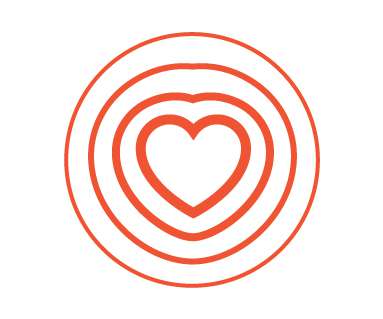
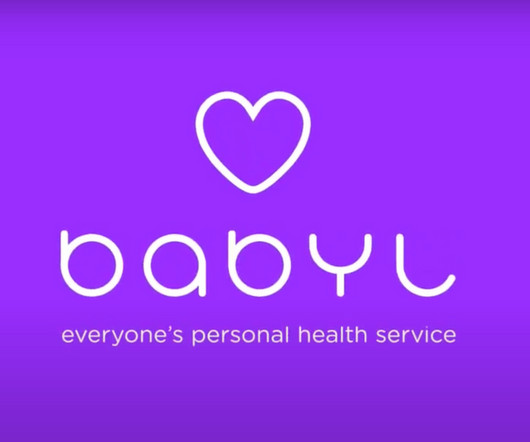
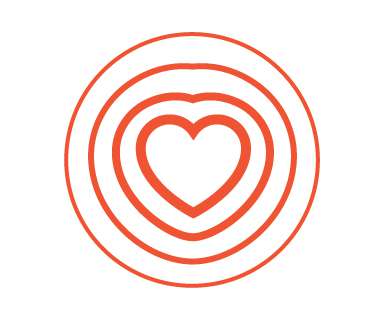
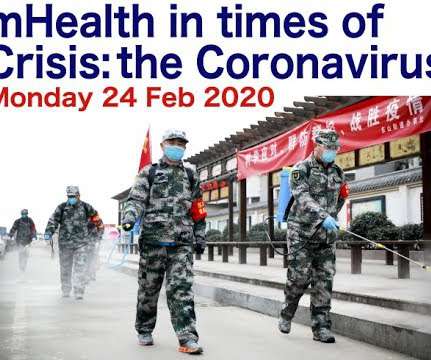
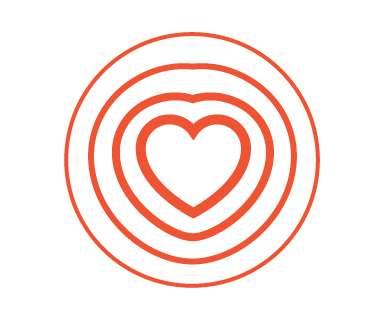
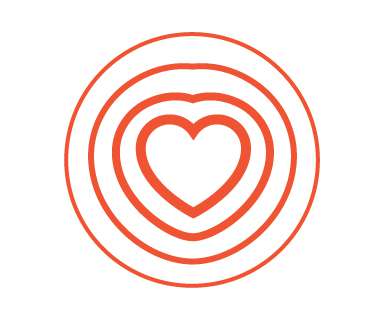








Let's personalize your content